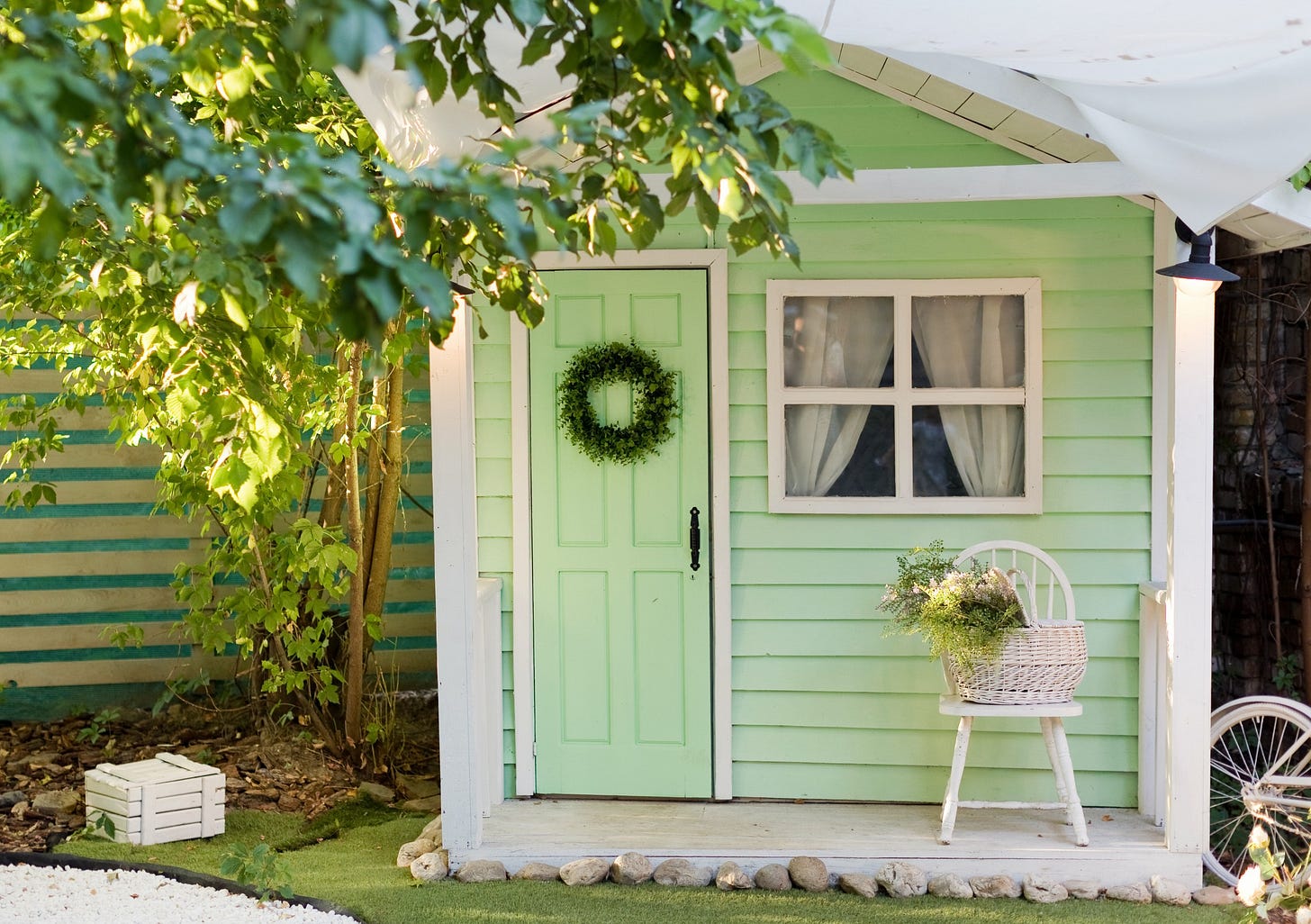Short-Term Rentals
Take Our Polls
Over the last couple years, short-term rentals (STRs) have received push back from communities nationwide as the number of such rentals exploded. Many of these communities have adopted varying degrees of regulation, including requirements for business licenses, zoning permits, inspections, etc. And in some cases, jurisdictions have become far more agg…



